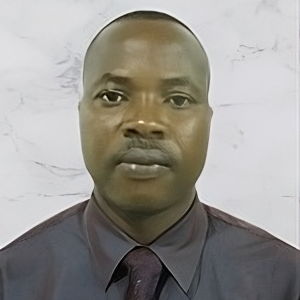Abstract:
Due to its negative impact on the growth, productivity, and health of the birds, heat stress has been identified as a significant environmental concern for chicken farmers across the globe. This study aimed to assess how broiler physiological responses in a hot tropical environment were affected by early-age thermal modification (EATC) and supplementary antioxidants. Three hundred-day-old Ross broiler chicks were divided into five groups, each consisting of five duplicates of identical birds, for the thermal and nutritional treatments. Chicks raised conventionally (CC), early thermally manipulated (day five at 38ºC without antioxidant supplementation; TC plus vitamin E at 250 mg/kg of feed (TV); TC plus selenium at 0.5 mg/kg of feed (TS); and the combination of TS and TV (TVS) were the treatments. The experiment was designed using a completely randomized layout, and SAS (2008) was used to analyze the data. The findings demonstrated that compared to the other treatment groups, TVS broilers' body weights were significantly greater (P<0.05) at the finisher phase. While lower (P<0.05) than the other treatments, the feed conversion ratio of TVS broilers was equivalent to that of the TV group. When comparing TVS broilers to TV, TS, and TC broilers, lower levels (P<0.05) of heterophil, lymphocytes, and the heterophil and lymphocyte ratio were observed. Day 42: The rectal temperature in CC was considerably higher than the similar values in the other treatment groups. Compared to other treatments, TVS birds had decreased abdominal fat and larger (P<0.05) spleen and liver weights. TV and TVS birds had the highest activity of glutathione peroxidase and superoxide dismutase and the lowest quantity of plasma malondialdehyde, respectively. The study established that supplementing broilers with EATC and supplementation Se and vitamin E (TVS) improved their growth performance and oxidative status.
Audience Take Away:
- The findings in this study underscore the importance of dietary antioxidant supplementation with or without thermal manipulation during heat stress.
- Thermal manipulation and antioxidant supplementation can be explored as a potential means of alleviating heat stress
- Exploring the synergy between the two strategies could bring about better results.



